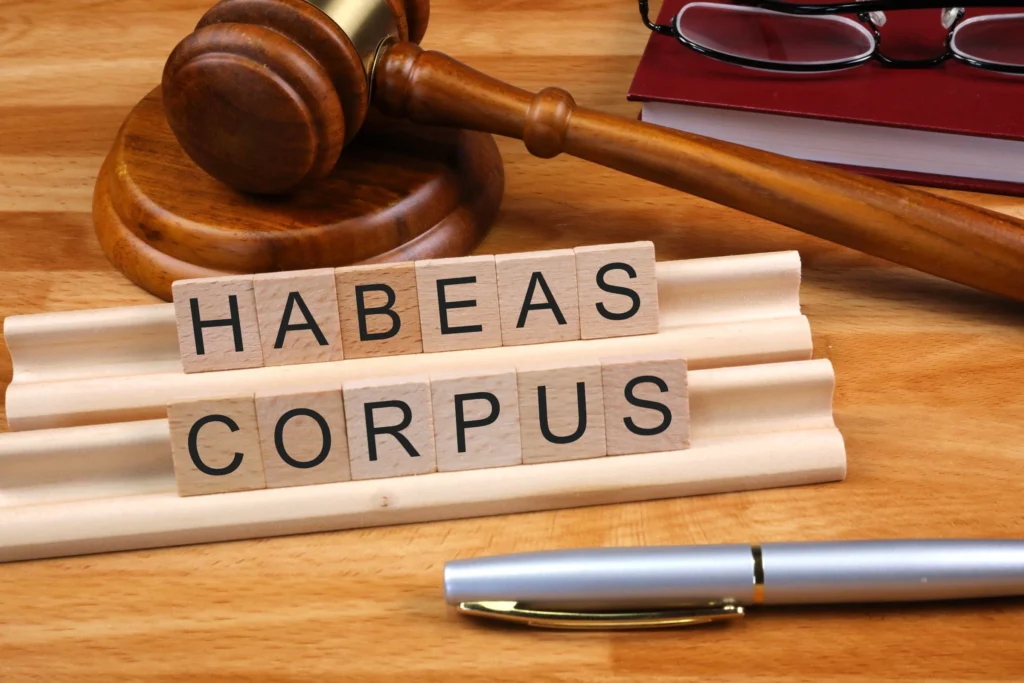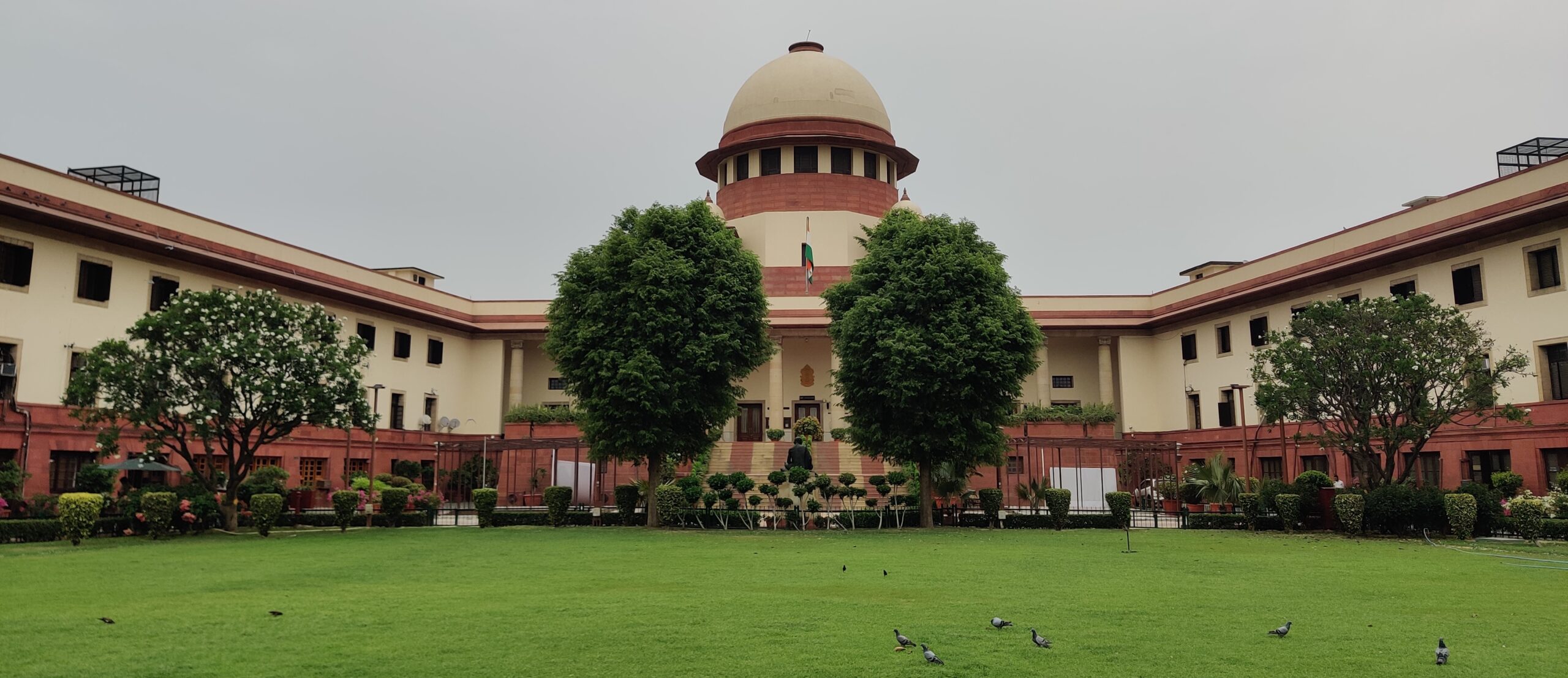Context:
A 26-year-old man’s emotional appeal echoed through the Supreme Court on Monday as he sought justice for his mother, Monowara Bewa, who he claims has been unlawfully detained by the Assam government in a move to deport her to Bangladesh—without a fair hearing. The petitioner, Yunus, has filed a habeas corpus plea, demanding that his mother be produced before the court. The Supreme Court agreed to hear the matter after senior advocate Kapil Sibal, representing Yunus, argued that the detention was unjust and urged the court to intervene.
According to the petition, Assam Police allegedly detained Ms. Bewa on May 24 after summoning her to the police station under the pretext of recording a statement. She has been in custody since, Yunus has claimed, despite informing the authorities that her case is still pending before the apex court.

What is habeas corpus:
Habeas corpus (Latin for “you have the body”) is a fundamental legal principle that protects individual liberty by allowing a person to challenge the lawfulness of their detention or imprisonment before a court. It is often referred to as the “Great Writ of Liberty.”
Habeas corpus provides several crucial benefits in protecting individual rights and ensuring justice.
- Prevents Unlawful Detention – Ensures that no person is held without legal justification.
- Safeguards Individual Liberty – Protects citizens from arbitrary arrests and government overreach.
- Ensures Judicial Oversight – Courts review detention cases, preventing misuse of power.
- Promotes Accountability – Authorities must justify detentions, ensuring transparency.
- Supports Human Rights – Strengthens democratic principles by upholding personal freedoms.
- Provides Legal Remedy – Allows wrongfully detained individuals to seek immediate release.
Habeas Corpus in India
• Article 32 & Article 226 of the Indian Constitution empower the Supreme Court and High Courts to issue writs of habeas corpus.
• It is used when a person is illegally detained by the state or private individuals.
Article 32 – Right to Constitutional Remedies
• Part of Fundamental Rights (Part III of the Constitution).
• Allows individuals to directly approach the Supreme Court for enforcement of fundamental rights.• The Supreme Court can issue five types of writs:
Habeas Corpus
Mandamus
Certiorari
Prohibition
Quo Warranto.
• Dr. B.R. Ambedkar called it the “Heart and Soul of the Constitution”.
• Can be suspended during a National Emergency under Article 359.
Article 226 – Writ Jurisdiction of High Courts
• Empowers High Courts to issue writs for fundamental rights and other legal rights.
• Has wider jurisdiction than Article 32, as it covers legal rights beyond fundamental rights.
• High Courts can issue writs against private individuals, unlike Article 32.
• Cannot be suspended during an emergency.

